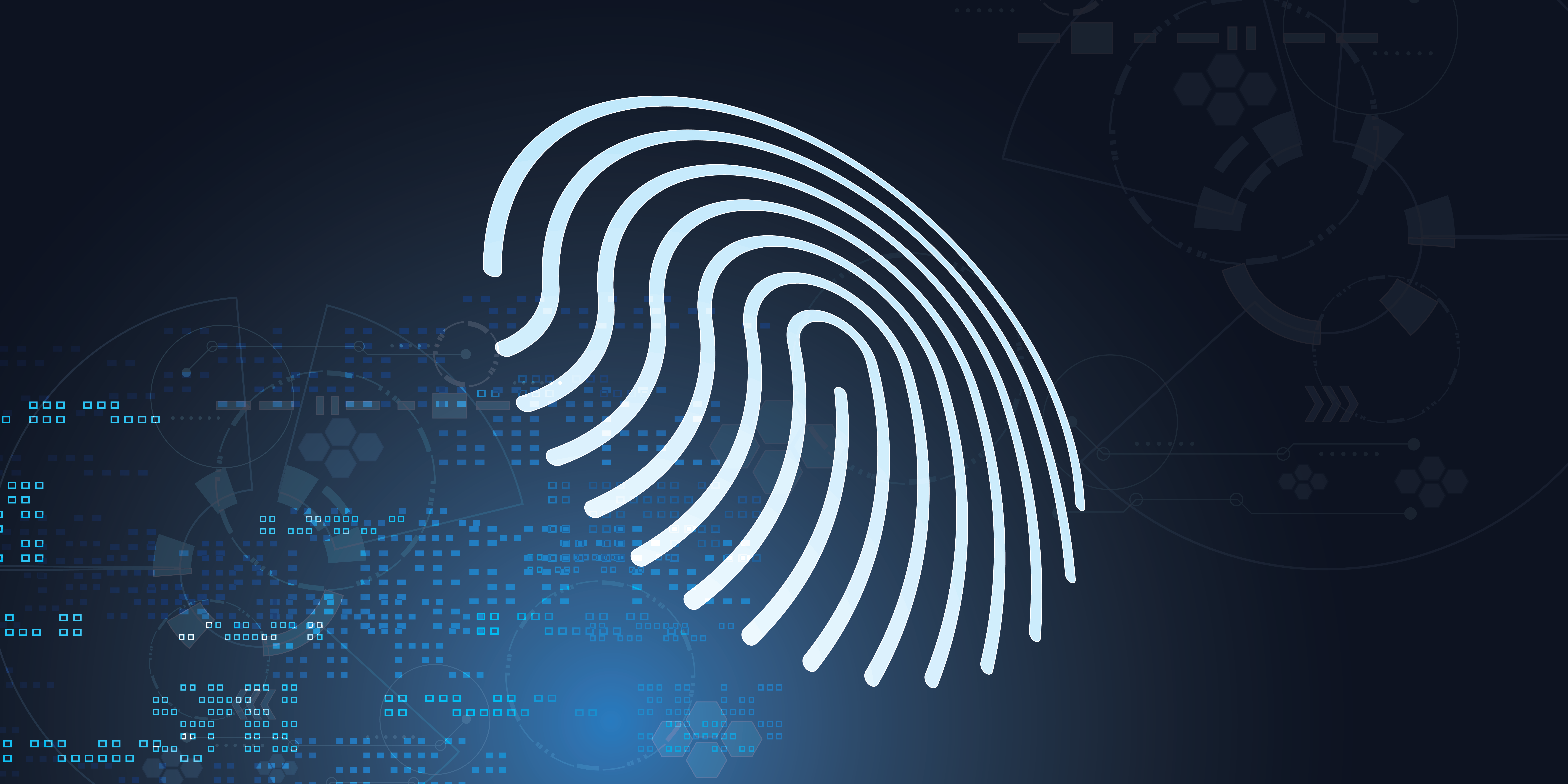We believe that Retail,Energy,Infrastructure,Finance,Healthcare,Tourism,Manufacturing,Transportation,Private Equity,Technology,Hospitality,Construction,Telecommunications,Insurance,Entertainment,Real Estate,Logistics is a people business.So is law.

We believe the industries we serve are people businesses.
So is law.
Delivering the knowledge and capabilities of an International law firm, with the services and standards of a boutique practice. We are passionate about helping our clients successfully navigate local and global legal transactions.
We are Aliant
A leading international law firm, with a strong knowledge of cross-border business transactions and a full coverage of anything you need locally. Our offices around the world work together seamlessly, with each client represented by a senior partner, placing your needs above all else.
No Results Found
The page you requested could not be found. Try refining your search, or use the navigation above to locate the post.

Stream Legal Expertise Anytime, Anywhere
Aliant attorneys are committed to sharing their extensive legal knowledge. Our video library covers a wide range of international law topics, providing insights from legal experts who make complex issues engaging. Whether you’re managing transactions or tracking legal trends, our videos offer valuable perspectives. Tune in to see how our global team of lawyers can help you navigate your legal needs.
Aliant On Demand

The 2nd Annual International Economic Crime Conference
The second International Economic Crime Conference focused on current global trends in sanctions and Asset Recovery. The Expert Panel looked at the impact of the current Ukraine-Russia war and the development in the sanctions arena, which has impacted many global businesses. The Experts provided practitioner views from Italy, UK, USA and India.
Watch On Demand




